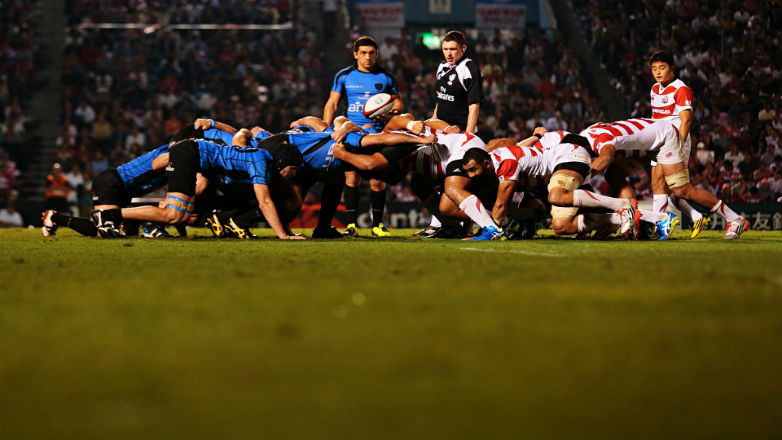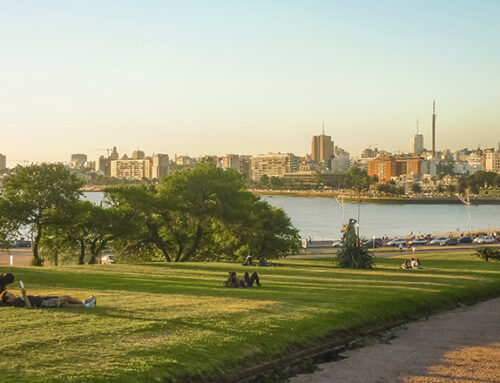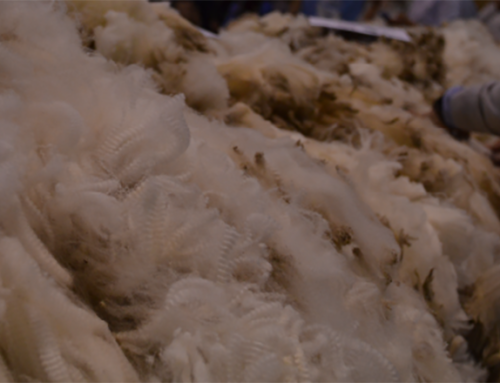Uruguay’s semi-professional squad will play with power, commitment and aggression – but few would argue that passion will be enough
Fixtures
Sun 20 Sep Wales v Uruguay, Millennium Stadium, 2.30pm BST
Sun 27 Sep Australia v Uruguay, Villa Park, noon BST
Tues 6 Oct Fiji v Uruguay, Stadium MK, 8pm
Sat 10 Oct England v Uruguay, City of Manchester Stadium 8pm
Odds to win World Cup
5000/1
Coach
Pablo Lemoine
Captain
Santiago Vilaseca
Of the 16 Old Christians Club rugby players who had boarded the plane in South America on 13 October 1972, 10 survived. They, and their fellow passengers, were 3,600m above sea level in the Andes, trapped in snow and starving when the decision was made. “Some people think I wanted retaliation against the pilot because of the crash,” says Nando Parrado, the man who, along with his friends and team-mates, Roberto Canessa and Antonio Vizintín, would eventually escape and ensure the rescue of the rest. “He was at fault, it’s true. But I just felt more comfortable starting with the pilot because we didn’t know him as well as the others.”
Key player
Felipe Berchesi
Age 24
Caps 12
Position Fly-half
Height 5ft 10in
Weight 12st 6lb
Uruguay debut v Portugal, Caldas da Rainha, 13 Nov 2011
Pts 83 T1 C6 P21 DG1 Photograph: Ken Ishii/Getty Images
The story of that crash and what those involved had to do to keep alive has meant rugby has become a byword for resilience in Uruguay.
As with Argentina, Chile and Brazil, the sport was brought to the continent’s second smallest country by the British. It was played in the exclusive English-speaking schools and although there are claims that the first match was played in the country in 1865, it is more likely that the it actually took place 15 years later when a British side took on a Uruguayan one. A mere 71 years after that, the Unión de Rugby del Uruguay was founded.
Theassociation may have been in existence for 64 years, but rugby is an amateur sport in Uruguay and they will be semi-professional – largely non-professional – at what will be their third World Cup. In 1999, they finished third in Group A behind South Africa and Scotland but ahead of Spain; four years later, in Australia, they suffered a similar group exit fate as well as a 111-13 trashing at the hands of England, who scored 17 tries in the process.
Amateur they may be, but that did not stop them knocking out a more professional outfit in dramatic fashion to qualify for England 2015. After Russia won the first leg of the repechage 21-20 – thanks in large part to the kicking skills of Yuri Kushnarev – “We are the Champions” belched its way out over the speakers.
By half-time in the second leg in Montevideo, after Kushnarev scored four penalties and set up a try for Alexander Yanyushkin to give his side a 17-12 half-time lead, the song seemed prophetic. Within six minutes of the restart Uruguay wandered offside and Kushnarev’s penalty bisected the posts and increased Russia’s lead to eight points on the day, nine on aggregate. However desperate Uruguay’s situation seemed, hope did not need to be abandoned for too long.
Iin the 47th minute, Felipe Berchesi, who already had three penalties to his name, started the move and Joaquín Prada finished it with a byzantine run under the posts. Berchesi converted to drag his side within a point and Uruguay found their way over the line two more times and into the lead. Agustín Ormaechea got the second of those tries, doing so from the back of the scrum. If it had echoes of Uruguay’s first- ever World Cup try against Spain back in 1999, there is a good reason. It was scored by his dad, Diego, the oldest ever try scorer in international rugby. Russia added another converted try with three minutes left but Berchesi’s penalty after that neutered last-minute nerves. Uruguay won 36-27. The power of the pack in the scrum and at set pieces was a vital part in their play that day and will be again come the World Cup.
However, they will be missing one vital cog as second-row Rodrigo Capó Ortega, one of few professional players, will not be making the trip. Ortega played in that win over Russia but then told the Uruguay federation that he did not want to be considered for selection, despite his name already being registered to play at the World Cup. His reasons were said to be personal but he and his club, Castres, had to deny he had been pressured to stand down.
Outside the pack, the half-back pairing of Ormaechea and Berchesi are key for Uruguay. The duo are two of the small handful of players in the squad who play their rugby outside of their country – the scrum-half plays for Stade Montois while the fly-half plays for Carcassonne, with both clubs located in France’s forgotten-about divisions. (Mario Sagario, Alejo Corral and Gastón Mieres are the others.) Uruguay have never beaten Argentina in a Test but against an Argentinian XV earlier this month, Ormaechea and Berchesi were the stars on show.
Berchesi kicked five penalties, two of which came in the final 16 minutes – thus demonstrating once more a capacity to kick under pressure – while Ormaechea again showed his ability to get over the line with a well-taken try.
The rest of the Uruguay team will be made up of players who strive to find a balance between rugby and the rest of their lives, lives which have been captured in a documentary by the former Uruguay player, Luis Ara. The ex-forward’s motivation was to help grow the sport in his country – it is being shown for free to students around the country and will be broadcast on terrestrial TV – but also “to show to the world, as well as my country, all the effort that the guys made to reach the Rugby World Cup.” That it does. The captain, Santiago Vilaseca, is a banker; Nicolás Klappenbach, the hooker, is a doctor; and Matías Beer was forced to quit his job as an engineer in order to train. Others were fired for asking for too much time off for tours and training.
“I have dreamt about this for ages,” said Ormaechea after the win over Russia. “To be heading to the greatest tournament in the world is an unbelievable feeling.”
That unbelievable feeling may not last too long as their results over the last 12 months have been mixed. They may have beaten that Argentina side and Russia, as well as Paraguay and Brazil, but they have lost nine other matches, against the likes of Georgia, Fiji Warriors and Chile.
All of which means Uruguay have been handed odds of 5,000-1 to win the tournament, but the bookies could add another couple of zeros to that and still sleep easy at night.
After all, this is a squad of amateurs going up against some of the world’s biggest sides on the biggest stage in the game.
“We are very passionate about our country and about our sport,” says Ara, “and the people who play rugby will play with hearts and they will defended in the 80th minute as if it were the first, no matter if they are losing 100-0 or 10-0 … they just want to show to the world that they are very passionate about their game and the country.” While no one would suggest that Uruguay’s players will let their country down, few would argue that passion will be enough.
Uruguay’s 31-man World Cup squad
Props Carlos Arboleya (Trebol), Alejo Corral (San Isidro Club), Oscar Durán (Carrasco Polo), Mario Sagario (RC Massy), Mateo Sanguinetti (Los Cuervos).
Hookers Germán Kessler (Los Cuervos), Nicolás Klappenbach (Champagnat).
Locks Matías Beer (Old Christians), Franco Lamanna (Carrasco Polo), Mathias Palomeque (Trebol), Santiago Vilaseca (Old Boys, capt), Jorge Zerbino (Old Christians).
Back-rows Agustin Alonso (Montevideo Cricket), Fernando Bascou (Pucaru-Stade Gaulois), Juan de Freitas (Champagnat), Diego Magno (Montevideo Cricket), Juan Manuel Gaminara (Old Boys), Alejandro Nieto (Champagnat).
Scrum-halves Alejo Durán (Trebol), Agustín Ormaechea (Mont de Marsan).
Fly-halves Felipe Berchesi (Carcassone), Manuel Blengio (Old Christians).
Centres Joaquín Prada (Los Cuervos), Alberto Román (Pucaru-Stade Gaulois), Andrés Vilaseca (Old Boys).
Wings Francisco Bulanti (Trebol), Jerónimo Etcheverry (Carrasco Polo), Santiago Gibernau (Carrasco Polo), Leandro Leivas (Old Christians).
Full-backs Gastón Mieres (Valpolicella), Rodrigo Silva (Carrasco Polo).
Source: The Guardian





